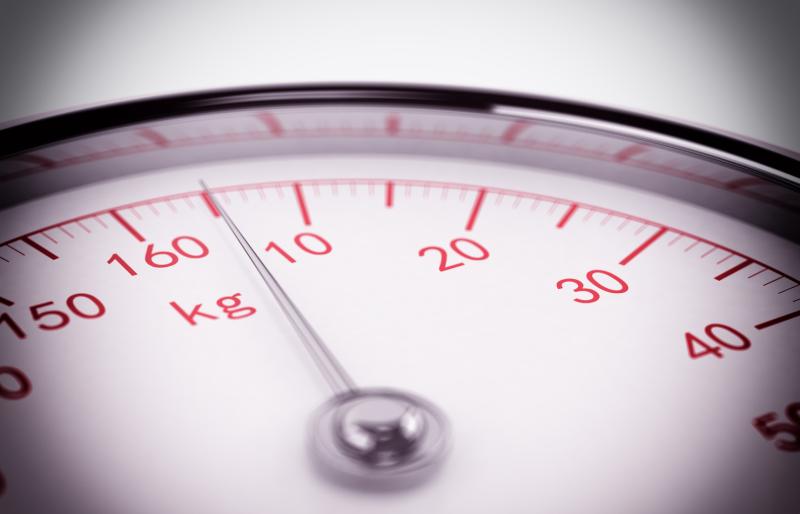
The experience of enhanced pleasure during the consumption of delicious energy-dense foods, such as milkshakes, does not necessarily promote overeating and contribute to obesity, according to a study.
Researchers assessed the perceived liking, wanting, and intensity of two palatable and energy-dense milkshakes—chocolate and strawberry—using the Labeled Hedonic Scale, visual analogue scale (VAS), and Generalized Labeled Magnitude Scale in relation to waist circumference, waist–hip ratio, and percent body fat.
In total, 110 individuals (mean age, 28.92 years; 69 women) participated in the study. Their body mass index (BMI) ranged from 19.3 to 52.1 kg/m2 (mean, 28.62 kg/m2). General linear and linear mixed effects models revealed no significant associations between adiposity and perceptual ratings (liking, wanting, and intensity). Hunger did not influence this finding.
On the other hand, there was evidence of a relationship between hunger and milkshake wanting. Hunger showed no correlation with any of the measures of adiposity.
The null finding between hedonic experience from drinking milkshake and obesity is consistent with prior research exploring the relationship between BMI and the rated perception of foods and beverages, tastes, and aromas, according to the researchers. [Appetite 2006;47:10-17; Food Qual Prefer 2016;48:359-367]
Overall, the study provides further evidence against the hypothesis that heightened hedonic signals drive weight gain and stresses the importance of controlling for participant hunger when assessing the hedonic properties of food, they added.